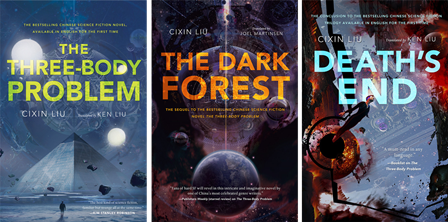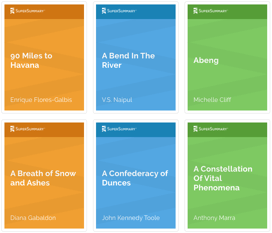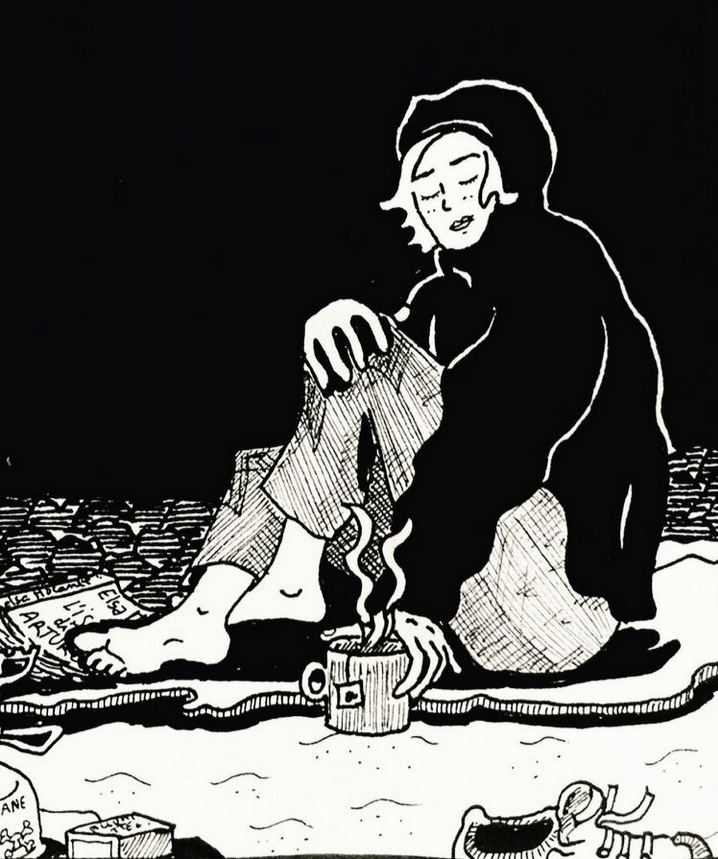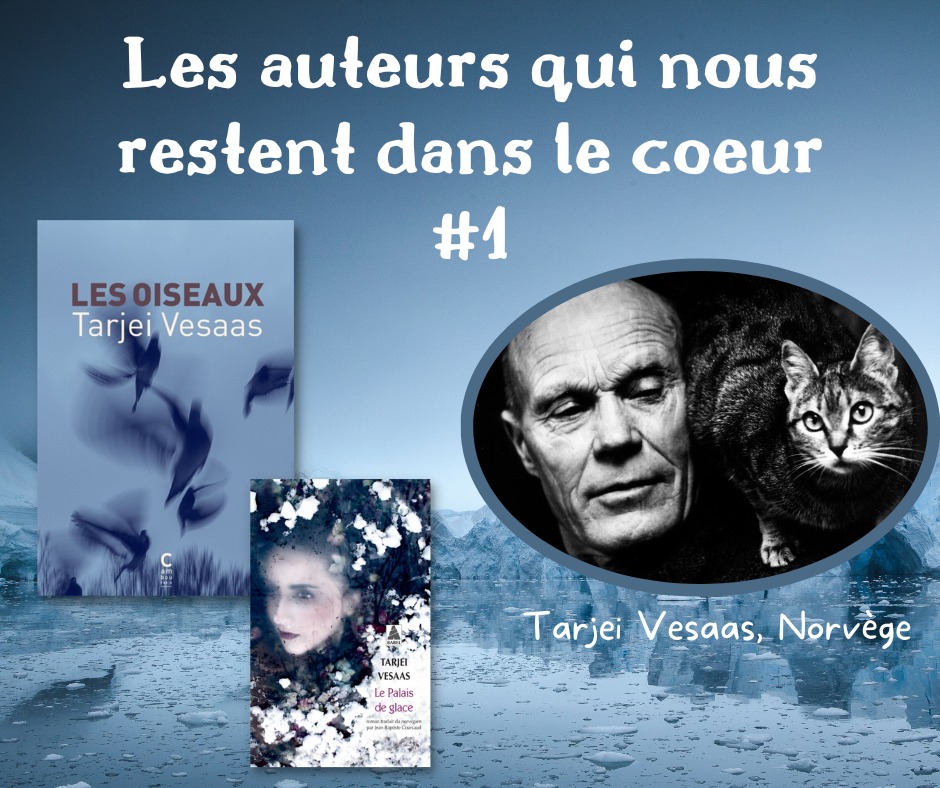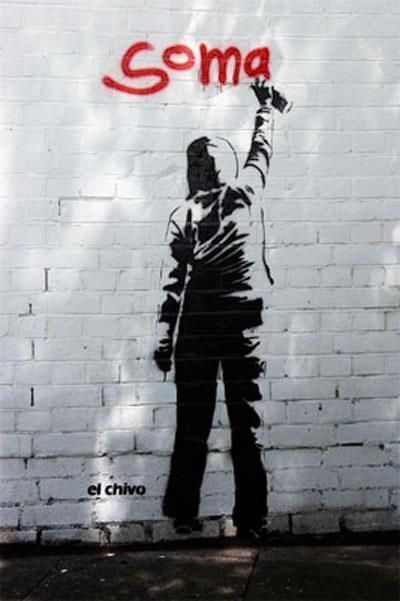#words
50th Birthday Tribute to Gary Shteyngart
Totally random "here", but coming from a post/discussion about Gary Shteyngart, who just posted a memento of his "Turning 50".
I know his work since "Super Sad True Love Story", which sort of channels 1984, a love story within a "dystopic" world where people transmit digital info everywhere, including financial worth and F---ability (sexiness). Very clever, lots of perspective on digital life and directions (loss of privacy, Big Brother-ism etc.)
Anyway, I added that he wrote also - in "Little Failure" (reference to trying to please his demanding parents) - about his airplane trip from Russia to US as a young child, his early impressions, dealing with his parents expectations, learning the language & culture, etc.
Here's an excerpt from "Little Failure"
Excerpt. © Reprinted by permission. All rights reserved. [Amazon listing]
1. The Church and the Helicopter
A year after graduating college, I worked downtown in the immense shadows of the World Trade Center, and as part of my freewheeling, four-hour daily lunch break I would eat and drink my way past these two giants, up Broadway, down Fulton Street, and over to the Strand Book Annex. In 1996, people still read books and the city could support an extra branch of the legendary Strand in the Financial District, which is to say that stockbrokers, secretaries, government functionaries—everybody back then was expected to have some kind of inner life.
In the previous year I had tried being a paralegal for a civil rights law firm, but that did not work out well. The paralegaling involved a lot of detail, way more detail than a nervous young man with a ponytail, a small substance-abuse problem, and a hemp pin on his cardboard tie could handle. This was as close as I would ever come to fulfilling my parents’ dreams of my becoming a lawyer. Like most Soviet Jews, like most immigrants from Communist nations, my parents were deeply conservative, and they never thought much of the four years I had spent at my liberal alma mater, Oberlin College, studying Marxist politics and book-writing. On his first visit to Oberlin my father stood on a giant vagina painted in the middle of the quad by the campus lesbian, gay, and bisexual organization, oblivious to the rising tide of hissing and camp around him, as he enumerated to me the differences between laser-jet and ink-jet printers, specifically the price points of the cartridges. If I’m not mistaken, he thought he was standing on a peach.
I graduated summa cum laude and this improved my profile with Mama and Papa, but when I spoke to them it was understood that I was still a disappointment. Because I was often sick and runny nosed as a child (and as an adult) my father called me Soplyak, or Snotty. My mother was developing an interesting fusion of English and Russian and, all by herself, had worked out the term Failurchka, or Little Failure. That term made it from her lips into the overblown manuscript of a novel I was typing up in my spare time, one whose opening chapter was about to be rejected by the important writing program at the University of Iowa, letting me know that my parents weren’t the only ones to think that I was nothing.
Realizing that I was never going to amount to much, my mother, working her connections as only a Soviet Jewish mama can, got me a job as a “staff writer” at an immigrant resettlement agency downtown, which involved maybe thirty minutes of work per year, mostly proofing brochures teaching newly arrived Russians the wonders of deodorant, the dangers of AIDS, and the subtle satisfaction of not getting totally drunk at some American party.
In the meantime, the Russian members of our office team and I got totally drunk at some American party. Eventually we were all laid off, but before that happened I wrote and rewrote great chunks of my first novel and learned the Irish pleasures of matching gin martinis with steamed corned beef and slaw at the neighborhood dive, the name of which is, if I recall correctly, the Blarney Stone. I’d lie there on top of my office desk at 2:00 p.m., letting out proud Hibernian cabbage farts, my mind dazed with high romantic feeling. The mailbox of my parents’ sturdy colonial in Little Neck, Queens, continued to bulge with the remnants of their American dream for me, the pretty brochures from graduate school dropping in quality from Harvard Law School to Fordham Law School to the John F. Kennedy School of Government (sort of like law school, but not really) to the Cornell Department of City and Regional Planning, and finally to the most frightening prospect for any immigrant family, the master of fine arts program in creative writing at the University of Iowa.
“But what kind of profession is this, writer?” my mother would ask. “You want to be this?”
I want to be this.
At the Strand Book Annex I stuffed my tote with specimens from the 50-percent-discounted trade paperbacks aisle, sifting through the discarded review copies, looking for someone just like me on the back cover: a young goateed boulevardier, a desperately urban person, obsessed with the Orwells and Dos Passoses, ready for another Spanish Civil War if only those temperamental Spanishers would get around to having one. And if I found such a doppelganger I would pray that his writing wasn’t good. Because the publication pie was only so big. Surely these blue-blooded American publishers, those most Random of Houses, would see right through my overeager immigrant prose and give the ring to some jerk from Brown, his junior year at Oxford or Salamanca giving him all the pale color needed for a marketable bildungsroman.
After handing over six dollars to the Strand, I would run back to my office to swallow all 240 pages of the novel in one go, while my Russian coworkers hooted it up next door with their vodka-fueled poetry. I was desperately looking for the sloppy turn of phrase or the MFA cliché that would mark the novel in question inferior to the one gestating in my office computer (idiotic working title: The Pyramids of Prague).
One day after courting gastric disaster by eating two portions of Wall Street vindaloo I exploded into the Strand’s Art and Architecture section, my then $29,000-a-year salary no match for the handsome price tag on a Rizzoli volume of nudes by Egon Schiele. But it wasn’t a melancholic Austrian who would begin to chip away at the alcoholic and doped-up urban gorilla I was steadily becoming. It wouldn’t be those handsome Teutonic nudes that would lead me on the path back to the uncomfortable place.
The book was called St. Petersburg: Architecture of the Tsars, the baroque blue hues of the Smolny Convent Cathedral practically jumping off the cover. With its six pounds of thick, glossy weight, it was, and still is, a coffee-table book. This was in itself a problem.
The woman I was in love with at the time, another Oberlin graduate (“love who you know,” my provincial theory), had already criticized my bookshelves for containing material either too lightweight or too masculine. Whenever she came by my new Brooklyn studio apartment, her pale midwestern eyes scanning the assembled soldiers of my literary army for a Tess Gallagher or a Jeanette Winterson, I found myself yearning for her taste and, as a corollary, the press of her razor-sharp collarbone against mine. Hopelessly, I arranged my Oberlin texts such as Tabitha Konogo’s Squatters & the Roots of Mau Mau next to newly found woman-ethnic gems such as Lois-Ann Yamanaka’s Wild Meat and the Bully Burgers, which I always imagined to be the quintessential Hawaiian coming-of-age story. (Someday I should read it.) If I bought Architecture of the Tsars I would have to hide it from this girl-woman in one of my cupboards behind a scrim of roach motels and bottles of cheap GEOGI vodka.
Other than failing my parents and being unable to finish The Pyramids of Prague, my main sorrow consisted of my loneliness. My first girlfriend ever, a fellow Oberlin student, an attractive, curly-haired white girl from North Carolina, had gone down south to live with a handsome drummer in his van. I would spend four years after graduating college without so much as kissing a girl. Breasts and backsides and caresses and the words “I love you, Gary” lived on only in abstract memory. Unless I’m telling you otherwise, I am completely in love with everyone around me for the rest of this book.
And then there was the price tag of Architecture of the Tsars—ninety-five dollars, marked down to sixty dollars—this would buy me just under forty-three chicken cutlets over at my parents’ house. My mother always practiced tough love with me when it came to matters fiscal. When her failure showed up for dinner one night, she gave me a packet of chicken cutlets, Kiev style, meaning stuffed with butter. Gratefully, I accepted the chicken, but Mama told me each cutlet was worth “approximately one dollar forty.” I tried to buy fourteen cutlets for seventeen dollars, but she charged me a full twenty, inclusive of a roll of Saran Wrap in which to store the poultry. A decade later, when I had stopped drinking so much, the knowledge that my parents would not stand by me and that I had to go at life furiously and alone drove me to perform terrifying amounts of work.
I twirled through the pages of the monumental Architecture of the Tsars, examining all those familiar childhood landmarks, feeling the vulgar nostalgia, the poshlost’ Nabokov so despised. Here was the General Staff Arch with its twisted perspectives giving out onto the creamery of Palace Square, the creamery of the Winter Palace as seen from the glorious golden spike of the Admiralty, the glorious spike of the Admiralty as seen from the creamery of the Winter Palace, the Winter Palace and the Admiralty as seen from atop a beer truck, and so on in an endless tourist whirlwind.
I was looking at page 90.
“Ginger ale in my skull” is how Tony Soprano describes the first signs of a panic attack to his psychiatrist. There’s dryness and wetness all at once, but in all the wrong places, as if the armpits and the mouth have embarked upon a cultural exchange. There’s the substitution of a slightly different film from the one you’ve been watching, so that the mind is constantly recalculating for the unfamiliar colors, the strange, threatening snatches of conversation. Why are we suddenly in Bangladesh? the mind says. When have we joined the mission to Mars? Why are we floating on a cloud of black pepper toward an NBC rainbow? Add to that the supposition that your nervous, twitching body will never find rest, or maybe that it will find eternal rest all too soon, that is to say pass out and die, and you have the makings of a hyperventilating breakdown. That’s what I was experiencing.
And here’s what I was looking at as my brain rolled around its stony cavity: a church. The Chesme Church on Lensovet (Leningrad Soviet) Street in the Moskovsky District of the city formerly known as Leningrad. Eight years later I would describe it thusly for a Travel + Leisure article:
The raspberry and white candy box of the Chesme Church is an outrageous example of the neo-Gothic in Russia, made all the more precious by its location between the worst hotel in the world and a particularly gray Soviet block. The eye reels at the church’s dazzling conceit, its mad collection of seemingly sugarcoated spires and crenellations, its utter edibility. Here is a building more pastry than edifice.
But in 1996 I did not have the wherewithal to spin clever prose. I had not yet undergone twelve years of four-times-a-week psychoanalysis that would make of me a sleekly rational animal, able to quantify, catalog, and retreat casually from most sources of pain, save one. I beheld the tiny scale of the church; the photographer had framed it between two trees, and there was a stretch of potholed asphalt in front of its diminutive entrance. It looked vaguely like a child overdressed for a ceremony. Like a little red-faced, tiny-bellied failure. It looked like how I felt.
I began to master the panic attack. I put the book down with sweaty hands. I thought of the girl that I loved at the time, that not-so-gentle censor of my bookshelf and my tastes; I thought about how she was taller than me and how her teeth were gray and straight, purposeful like the rest of her.
And then I wasn’t thinking of her at all.
The memories were queuing. The church. My father. What did Papa look like when we were younger? I saw the big brows, the near-Sephardic skin tone, the harried expression of someone to whom life had been invariably unkind. But no, that was my father in the present day. When I imagined my early father, my preimmigrant father, I always bathed myself in his untrammeled love for me. I would think of him as just this awkward man, childish and bright, happy to have a little sidekick named Igor (my pre-Gary Russian name), palling around with this Igoryochek who is not judgmental or anti-Semitic, a tiny fellow warrior, first against the indignities of the Soviet Union and then against those of moving to America, the great uprooting of language and familiarity.
There he was, Early Father and Igoryochek, and we had just gone to the church in the book! The joyous raspberry Popsicle of Chesme Church, some five blocks away from our Leningrad apartment, a pink baroque ornament amidst the fourteen shades of Stalin-era beige. It wasn’t a church in Soviet days but a naval museum dedicated, if memory serves correctly (and please let it serve correctly), to the victorious Battle of Chesme in 1770, during which the Orthodox Russians really gave it to those sonofabitch Turks. The interior of the sacred space back then (now it is once again a fully functional church) was crammed with a young boy’s delight—maquettes of gallant eighteenth-century fighting ships.
Allow me to stay with the theme of early Papa and the Turks for just a few pages more. Let me introduce some new vocabulary to help me complete this quest. Dacha is the Russian word for country house, and as spoken by my parents it might as well have meant the “Loving Grace of God.” When summer warmth finally broke the grip of the lifeless Leningrad winter and lackluster spring, they schlepped me around to an endless series of dachas in the former Soviet Union. A mushroom-ridden village near Daugavpils, Latvia; beautifully wooded Sestroretsk on the Gulf of Finland; the infamous Yalta in the Crimea (Stalin, Churchill, and FDR signed some kind of real estate deal here); Sukhumi, today a wrecked Black Sea resort in a breakaway part of Georgia. I was taught to prostrate myself before the sun, giver of life, grower of bananas, and thank it for every cruel, burning ray. My mother’s favorite childhood diminutive for me? Little Failure? No! It was Solnyshko. Little Sun!
Photographs from this era show a tired group of women in bathing suits and a Marcel Proust–looking boy in a kind of Warsaw Pact Speedo (that would be me) staring ahead into the limitless future while the Black Sea gently tickles their feet. Soviet vacationing was a rough, exhausting business. In the Crimea, we would wake up early in the morning to join a line for yogurt, cherries, and other edibles. All around us KGB colonels and party officials would be living it up in their snazzy waterfront digs while the rest of us stood weary-eyed beneath the miserable sun waiting to snag a loaf of bread. I had a pet that year, a gaily colored wind-up mechanical rooster, whom I would show off to everyone on the food line. “His name is Pyotr Petrovich Roosterovich,” I would declare with uncharacteristic swagger. “As you can see he has a limp, because he was injured in the Great Patriotic War.” My mother, fearful that there would be anti-Semites queuing for cherries (they have to eat, too, you know), would whisper for me to be quiet or there would be no Little Red Riding Hood chocolate candy for dessert.
~~
But for anyone who's not read Super Sad True Love Story and finds the description enticing, (1984-ish update with humor & some twists), I super strong recommend that book. ("Adult themes" included, note.) Very inexpensive now, soft-cover & digital:
Super Sad True Love Story - Gary Shteyngart
That's Amazon's page, straight up, not something I get anything from.
Just a hearty recommendation for a great read, perfect for beach or lockdown.
😎 📚
#GaryShteyngart #novel #literature #LittleFailure #SSTLS #SuperSadTrueLoveStory #dystopian #future
More words on words (my archives): http://www.fenichel.com/words
